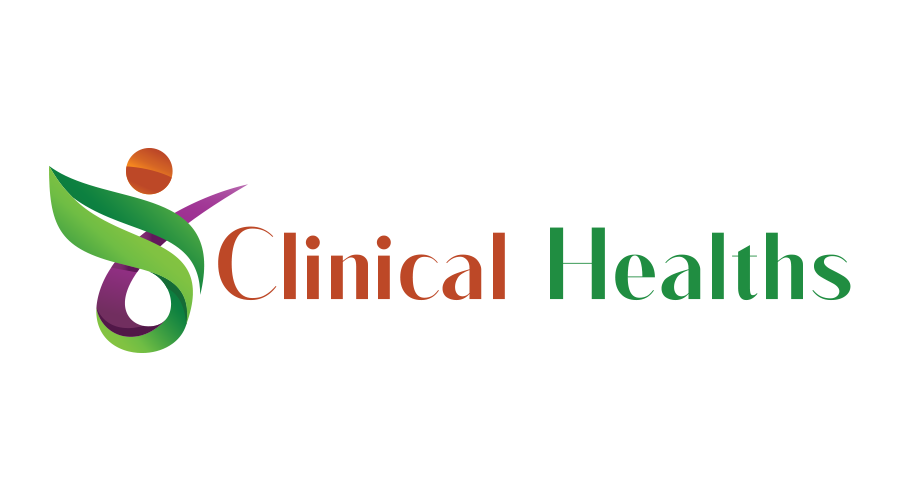The Silent Strain on the Liver
The liver is one of the hardest-working organs in the body. It filters toxins, aids digestion, regulates blood sugar, and stores vital nutrients. Yet most people never think about their liver health until something goes wrong. Unlike the heart, which gives warning signs through chest pain, or the lungs, which show distress through shortness of breath, liver problems often remain silent until the damage is advanced.
In the United States, one of the fastest-growing concerns is non-alcoholic fatty liver disease (NAFLD). Closely linked to obesity, diabetes, and high cholesterol, NAFLD now affects nearly one in four American adults. If left unchecked, it can progress to inflammation, fibrosis, cirrhosis, and even liver cancer. The good news is that simple blood chemistry testing can flag early warning signs before symptoms ever appear. At Devansh Lab Werks, we make these insights accessible and reliable for patients and physicians across the U.S.
Why Blood Chemistry Matters for Liver Health
Blood chemistry panels are the frontline tool for detecting liver dysfunction. These tests measure enzymes, proteins, and waste products that reflect how well the liver is functioning. Subtle changes can reveal stress or damage long before clinical symptoms arise.
Key markers include:
- ALT (Alanine Aminotransferase): Elevated levels suggest liver cell injury.
- AST (Aspartate Aminotransferase): Works alongside ALT to indicate inflammation.
- ALP (Alkaline Phosphatase): Raised levels can point to bile duct obstruction or liver disease.
- Bilirubin: High levels indicate impaired clearance or excessive breakdown of red blood cells.
- Albumin and Total Protein: Low values suggest reduced liver synthesis function.
Together, these indicators provide physicians with a comprehensive picture of liver health, guiding next steps such as imaging, medication adjustments, or lifestyle interventions.
Who in the U.S. Should Be Most Concerned?
While anyone can develop liver problems, certain groups are at higher risk and should consider regular checkups:
- Adults with obesity or metabolic syndrome
- Patients with Type 2 diabetes
- People with high cholesterol or triglycerides
- Individuals with a history of heavy alcohol consumption
- Those taking long-term medications that may stress the liver
- Adults with a family history of liver disease
For these groups, routine blood chemistry panels are one of the simplest, most cost-effective ways to prevent advanced liver disease.
The Benefits of Early Detection
When liver disease is caught early, outcomes improve dramatically. Regular blood chemistry checkups allow patients and doctors to:
- Modify diet, exercise, and alcohol use to reduce liver stress
- Adjust or change medications that may cause harm
- Monitor progression of conditions like NAFLD or hepatitis
- Prevent serious complications such as cirrhosis or liver cancer
At Devansh Lab Werks, prevention is a central part of our mission. By helping patients identify risks early, we give them the opportunity to take control of their health.
DLW’s Approach to Liver Health Testing
What sets Devansh Lab Werks apart is not only our technology but also our patient-centered approach:
- CLIA-certified laboratory ensuring accuracy and reliability
- Comprehensive panels covering all major liver function markers
- Fast turnaround times, helping physicians act quickly
- Mobile Lab Xpress, bringing blood draws directly to homes and offices for maximum convenience
- Physician-friendly reports that make results actionable, not confusing
A Real U.S. Patient Case
A 45-year-old man in Alabama with Type 2 diabetes visited his physician for a routine checkup. His blood chemistry panel, processed at Devansh Lab Werks, showed elevated ALT and AST levels even though he had no symptoms. Further testing confirmed early-stage fatty liver disease. With dietary changes and close monitoring, his liver enzymes returned to normal within six months.
This case reflects the power of early detection: a silent problem caught in time before irreversible damage occurred.
FAQs
How often should I get my liver checked?
If you are at risk, physicians often recommend annual testing. For patients with diabetes or obesity, semi-annual testing may be advised.
Can blood chemistry confirm fatty liver disease?
Blood chemistry cannot directly measure fat in the liver, but abnormal enzyme levels often indicate stress that requires follow-up imaging.
Is the test invasive?
No. Only a simple blood draw is required, and with Mobile Lab Xpress, it can be done right at home.
Can fatty liver be reversed?
Yes. In many cases, weight loss, exercise, and dietary changes can significantly improve or even reverse early-stage fatty liver disease.
Final Word
Your liver works tirelessly for you, often without complaint. But silence does not mean safety. Regular blood chemistry testing is one of the best tools for protecting this vital organ.
At Devansh Lab Werks, we combine advanced technology with patient convenience to make liver health checkups simple and accessible. Because when it comes to protecting your liver, knowledge is the first step toward prevention.


